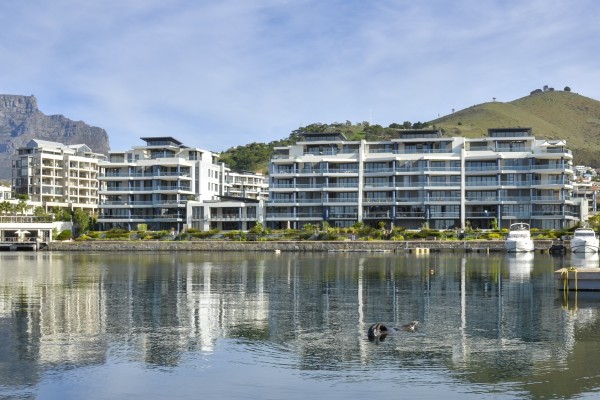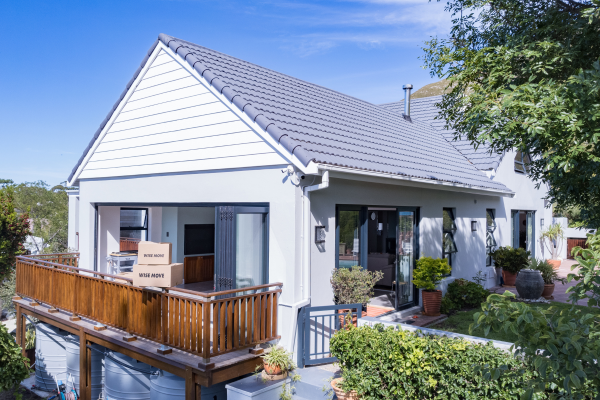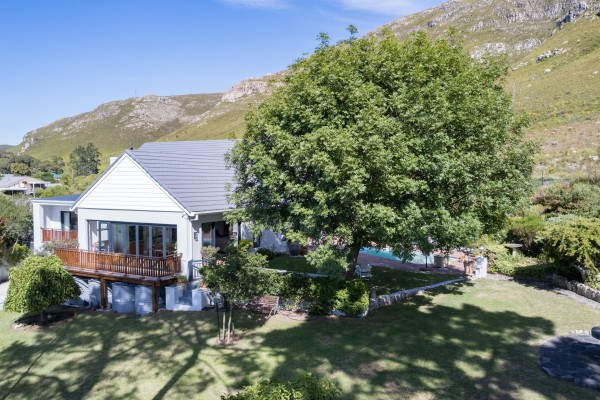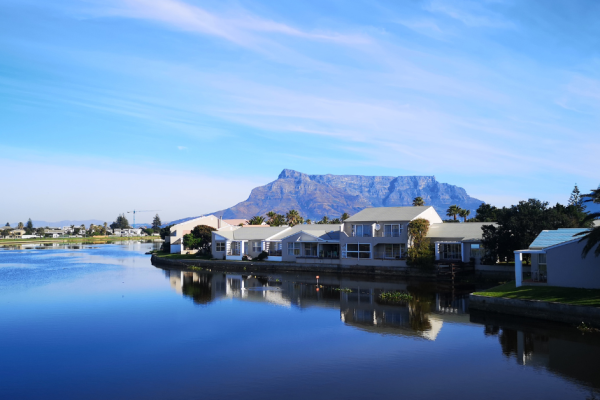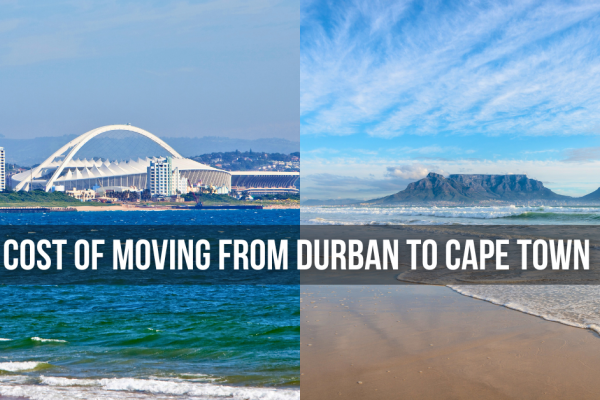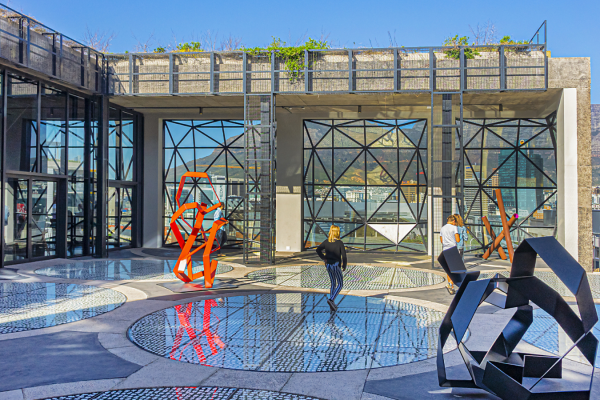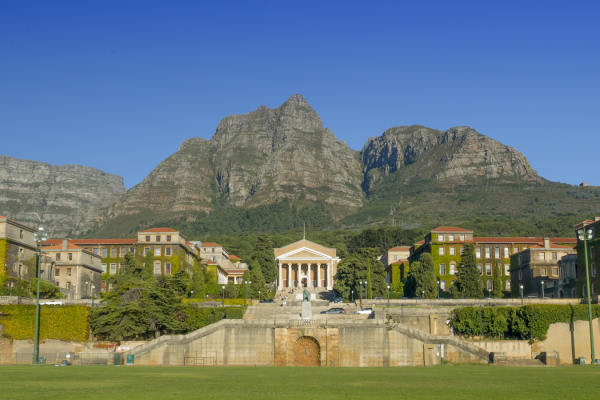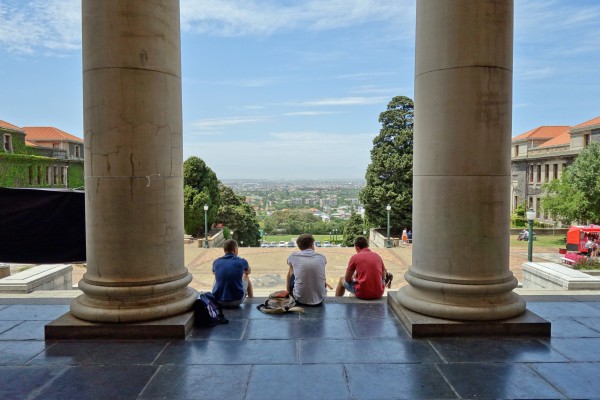Moving to Cape Town After 40 | Why and Where People Are Going

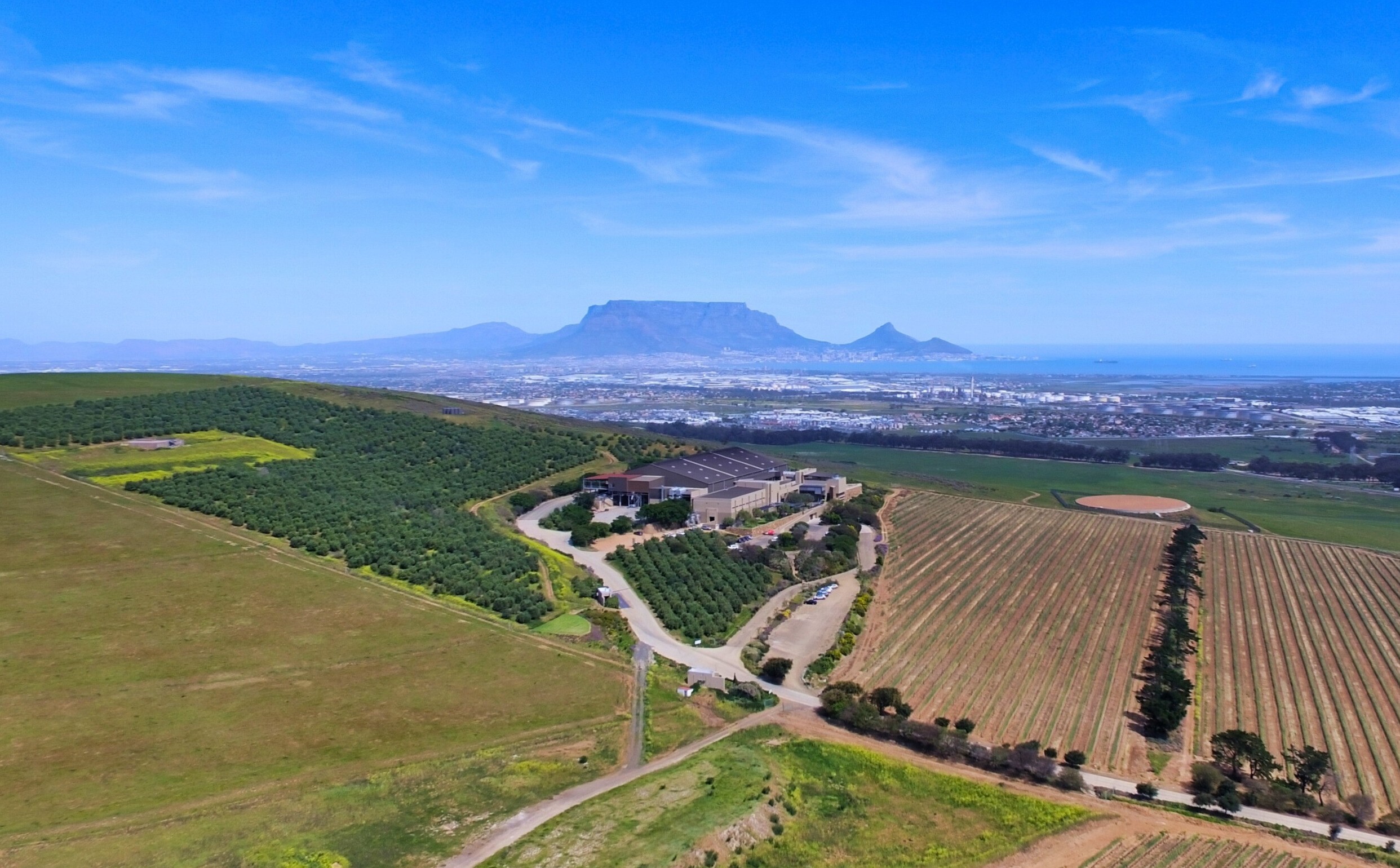
Semigration to the Western Cape has seen a massive increase over the last few years. Data shows that this drive is mainly thanks to Gauteng-based residents and more specifically those over 40 (a staggering 41% of all moves fall in this demographic age group).
But, where are the last of the Gautengers moving to in Cape Town? And if you’re still considering the move, where should you be looking for properties?
Wise Move’s 2025 Migration Report provides a comprehensive view of South Africa's moving patterns, shedding light on these trends.
Chante Venter, Wise Move's CEO, observes: “Having helped over 25,000 South African families relocate, we’ve seen that people tend to flock to the same areas. This can also help people find community in a new city.”
This is particularly evident for people in their 40s entering a new chapter and looking to upgrade their lifestyles. Many are seeking better service delivery, safer and quieter neighbourhoods, exceptional schools for their children, and even better healthcare.
From new developments to established communities, here are the areas that stand out, having it all with a still semi-affordable price tag. Cape Town can also be home for you.
Moving away from the city centre
While everyone wants to be close to the action, housing prices in Cape Town’s CBD are soaring thanks to Airbnb. In fact, property values have surged approximately 160% between 2010 and 2024, outpacing national averages.
With 32.4% of all inter-provincial moves directed to the Western Cape and Cape Town in particular, people need to find a space that fits their lifestyle and budget.
“Maintaining your lifestyle in Cape Town is everything. Especially for those semigrating from Gauteng. For this reason, people are moving further out into the wider suburbs to escape the rising city costs and find a better quality of life,” notes Venter.
Northern suburbia
The Northern suburbs have seen a massive surge in demand. Durbanville takes the top spot with the highest percentage of all Cape Town moves.
New, larger developments in areas like Century City are also increasingly popular. Burgundy Estate is a trending development with over 141 new homes currently available. There's also Oasis Life Burgundy Estate, which is coming up as an attractive retirement option for future planning. Then, nearby Milnerton takes the third spot of all relocations to Cape Town.
Other notable areas in the Northern Suburbs include Kraaifontein, Brackenfell, and Bellville, all cracking Cape Town’s top 10 neighbourhoods. Kraaifontein, for instance, offers quick, convenient access to Cape Town International Airport via the N1, making it a strategic choice for professionals who travel frequently. The area is also seeing rapid growth, with modern developments such as Oribi Ridge, La Vignia Estate, and Windsor Place, alongside expansions in Langeberg Ridge and Scottsdene, transforming it into a sought-after hub for middle-income buyers.
Excellent local public schools, access to nature reserves, and stunning, spacious properties make the Northern Suburbs the place to be at the moment.
Helderberg isn’t only for retiring
The Helderberg area is also getting a lot of attention, particularly suburbs such as Somerset West and new developments in the Sir Louwries Pass area. Many are especially drawn to local golf estates, such as Erinvale Golf Estate and Greenways Golf Estate, to enjoy a peaceful, leisurely lifestyle.
Somerset Mall and a variety of wine estates, restaurants, and outdoor activities make this area ideal for those who still want a vibrant social life, while excellent schools and medical facilities add long-term security. For many, it’s the perfect middle ground: city convenience paired with winelands tranquillity.
Coastal bliss
Newcomers are also finding Cape Town’s coastal areas very attractive, including Strand, Hout Bay, and Bloubergstrand. These seaside suburbs allow for long walks on the beach and access to the ocean, bringing the vacation into everyday life.
“Cape Town migration trends show that people, particularly those over 40, are looking for areas that are more affordable but still offer great amenities and tight communities,” says Venter.
With remote work on the rise, people don’t need to be in the city anymore. They're taking the opportunity to find a more fulfilling lifestyle away from the hustle and bustle.
What do our customers say?






